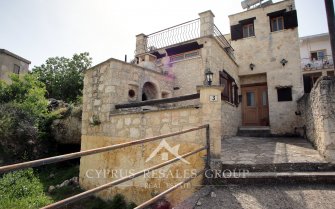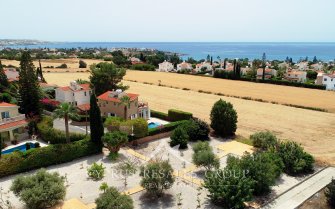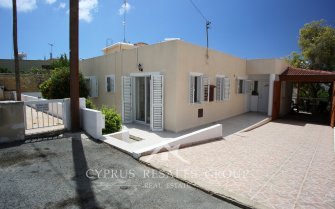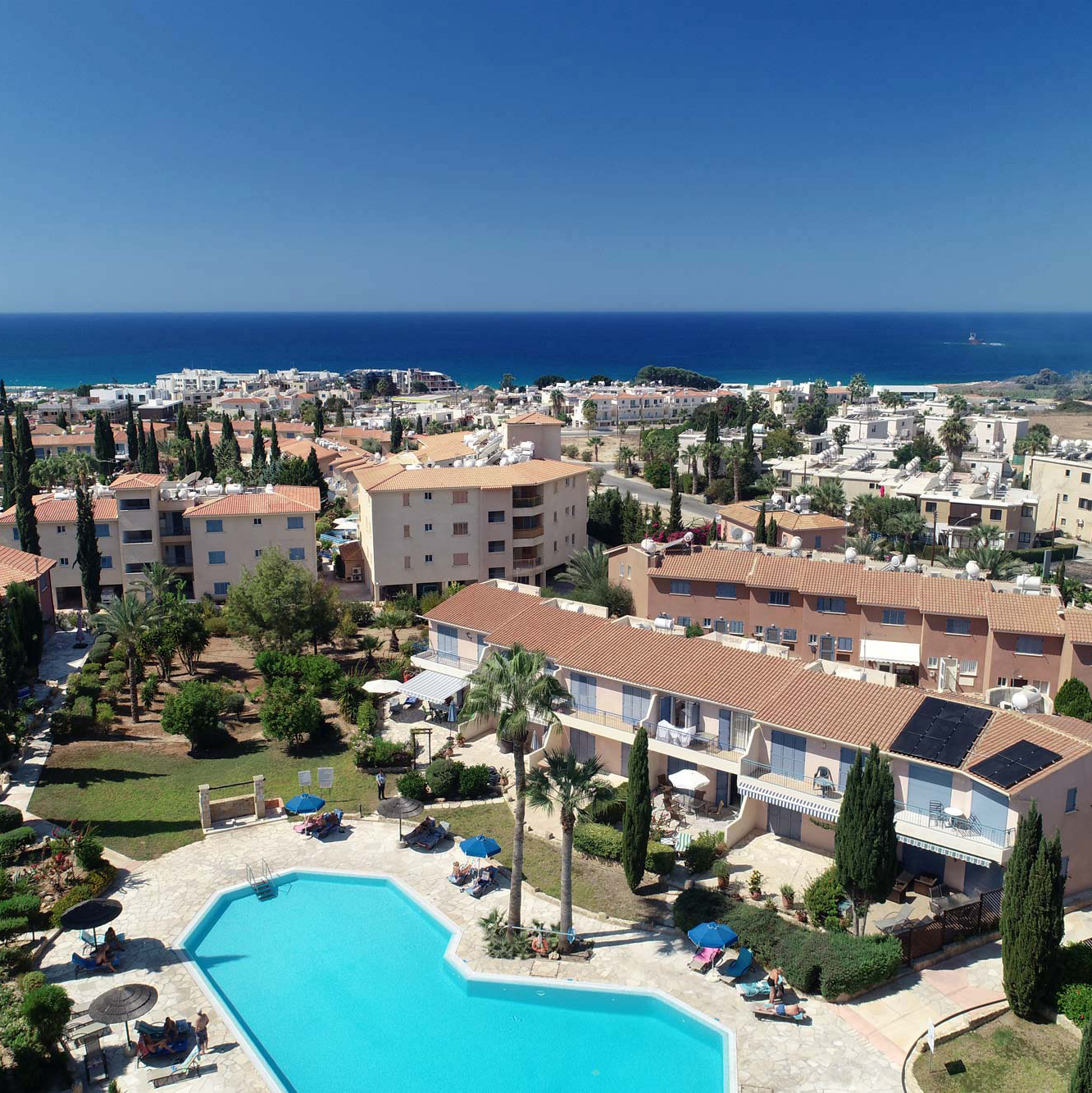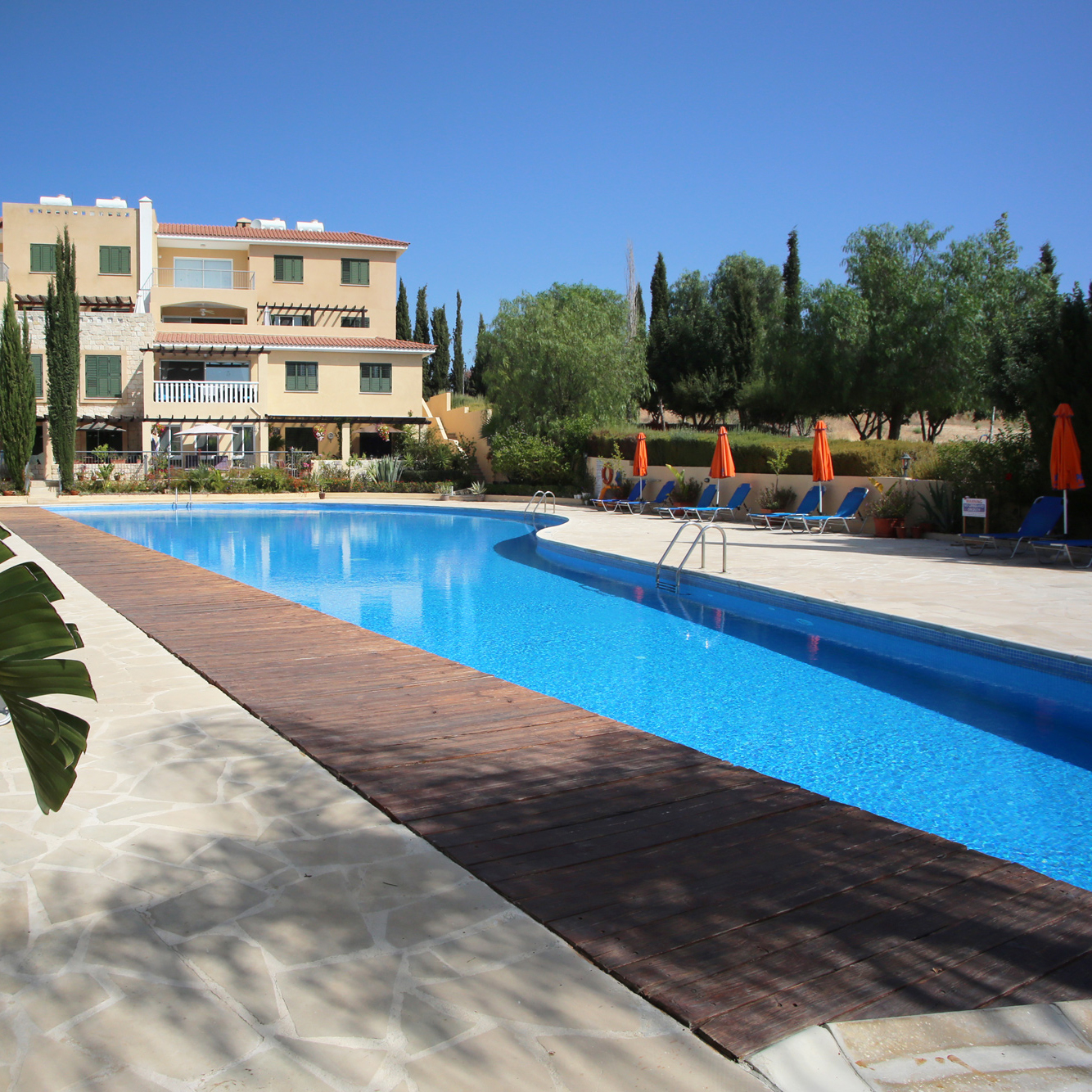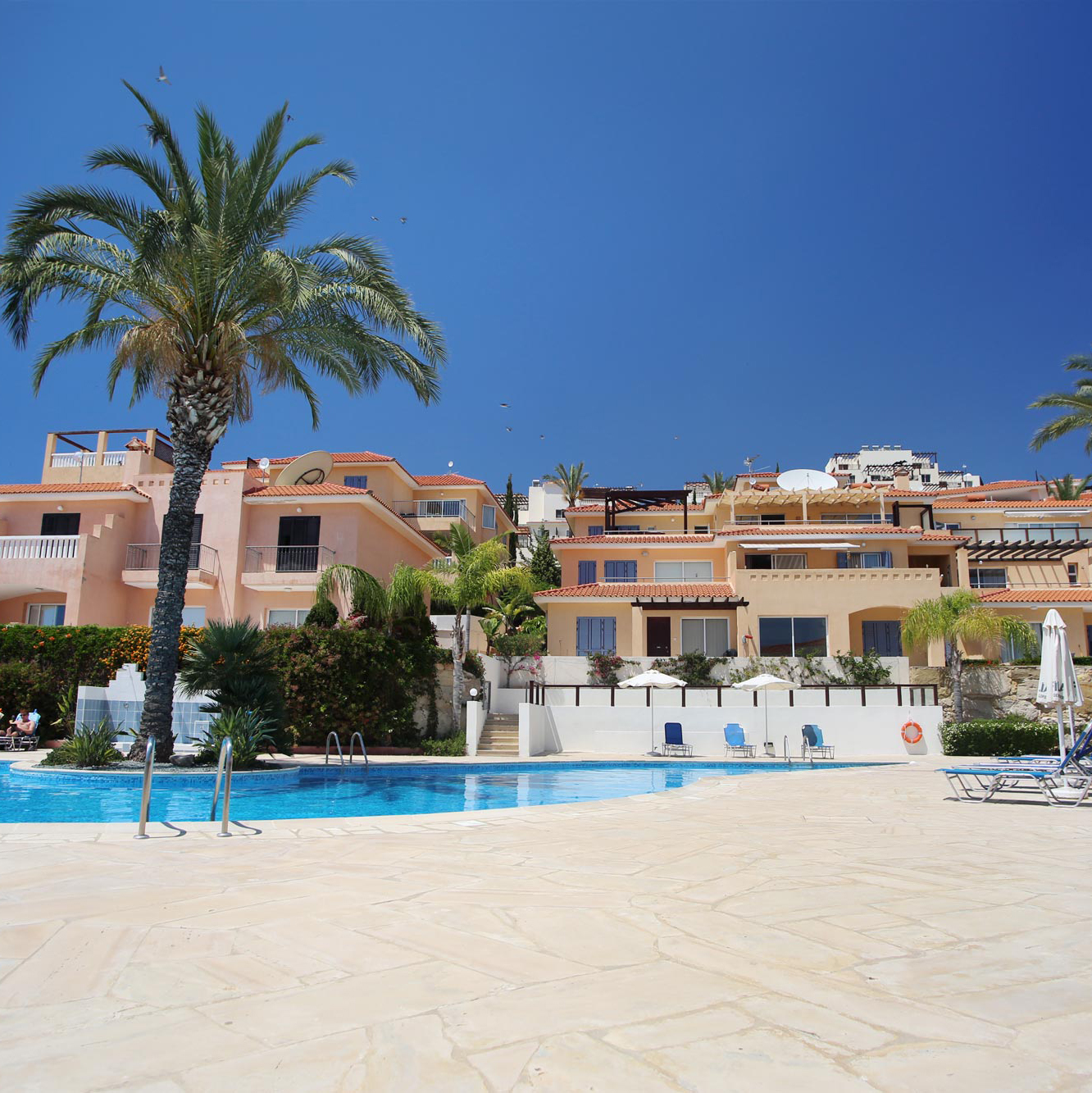Cyprus Property News
Cyprus passport scheme has collapsed, so what now?
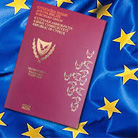
The naturalization through investment scheme run by the Cyprus government has been very popular successfully competing with other nations in the lucrative second passport market.
Since 2013 when Cyprus suffered the near-meltdown of its banking sector the investment scheme has had many changes. This investment program became very popular once the minimum investment has been decreased to the 2 million bracket. Changes in the sector announced at the start of this year signaled the significant tightening of the rules for EU passport seekers. One of the main points being an extension from 3 to 5 years on the length of time properties must be kept. The other changes included 150,000 Euro government “donation” and crucially more checks on the source of wealth by “unnamed” third parties.
Naturally, the announcement of the changes caused a rush of
applicants wishing to beat the deadline in May, when the new rules were coming
into effect. However, nobody expected what was to happen next. Since May the
activity in the sector has shown nothing short of collapse as investors look
for new countries to obtain residency or passports. Even before changes were
announced in the last quarter of 2018, we can say with certainty that our
agency had noticed a decline in demand for quality resales among passport
investors. And while the spring rush provided a boost, it was apparent that the
looming changes would have a strong impact on the future demand.
Giorgos Mouskides, the president of Land Development
Organization - one of the government bodies who were to benefit 75,000 Euro out
of the government “donation” for every application, shared his insight into the
collapse of the scheme. He recently told journalists of Cyprus media that in
the past 3 months since the rules had changed in May 2019 only 3 applications
had been submitted. He also shared that he had been expecting around 300
applications over the year to June 2020.
The miscalculation for demand will have a knock-on effect on
pending developments where new skyscrapers were being announced every other
week in Limassol and more recently in Paphos. While the resale market is more
robust and is based on solid foundations, any loss of buyers is not a welcome
development for Cyprus property.
It remains to be seen what the effect the removal of passport
investors will have on the property market, but it will certainly not be a
positive one.

